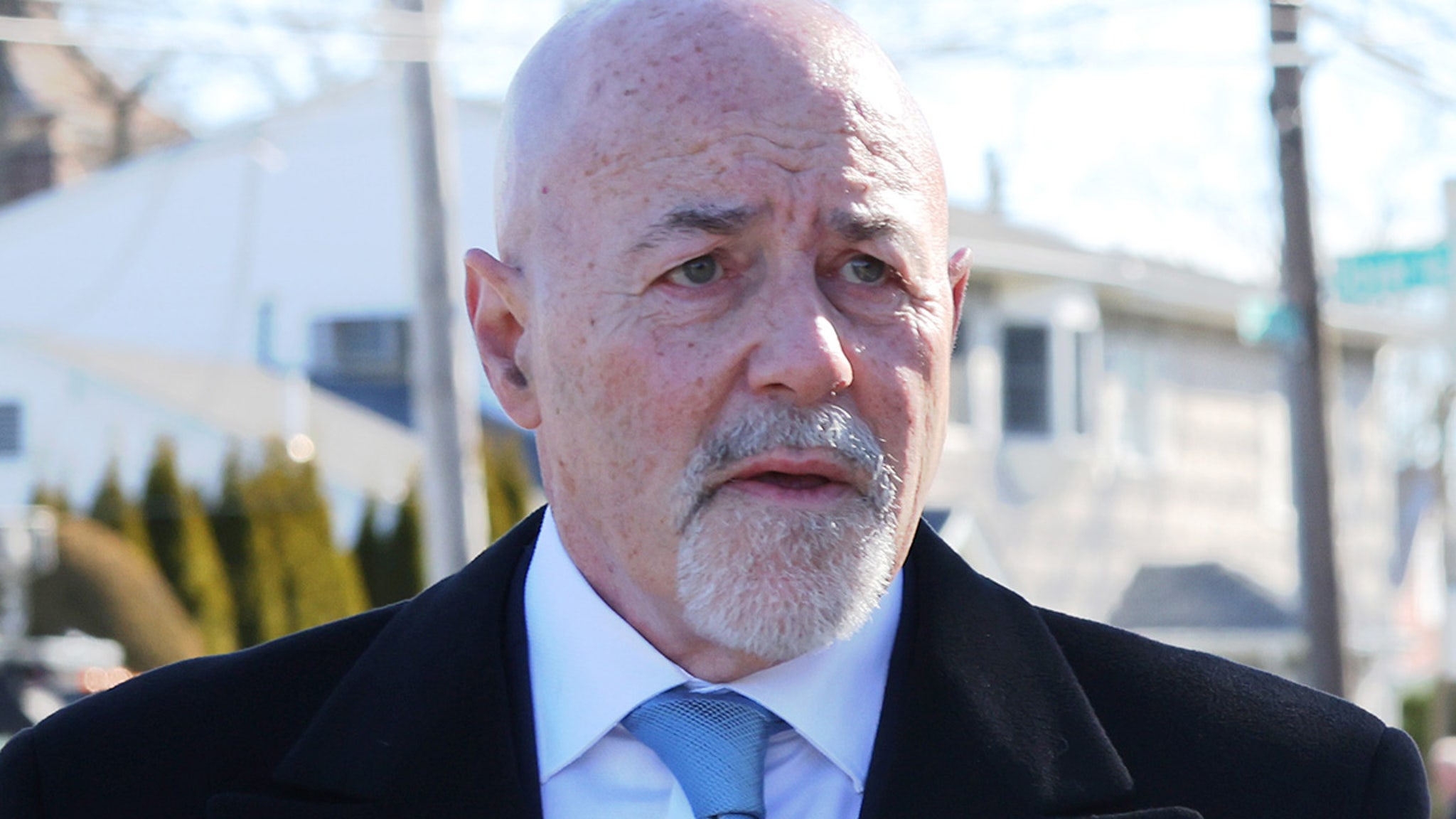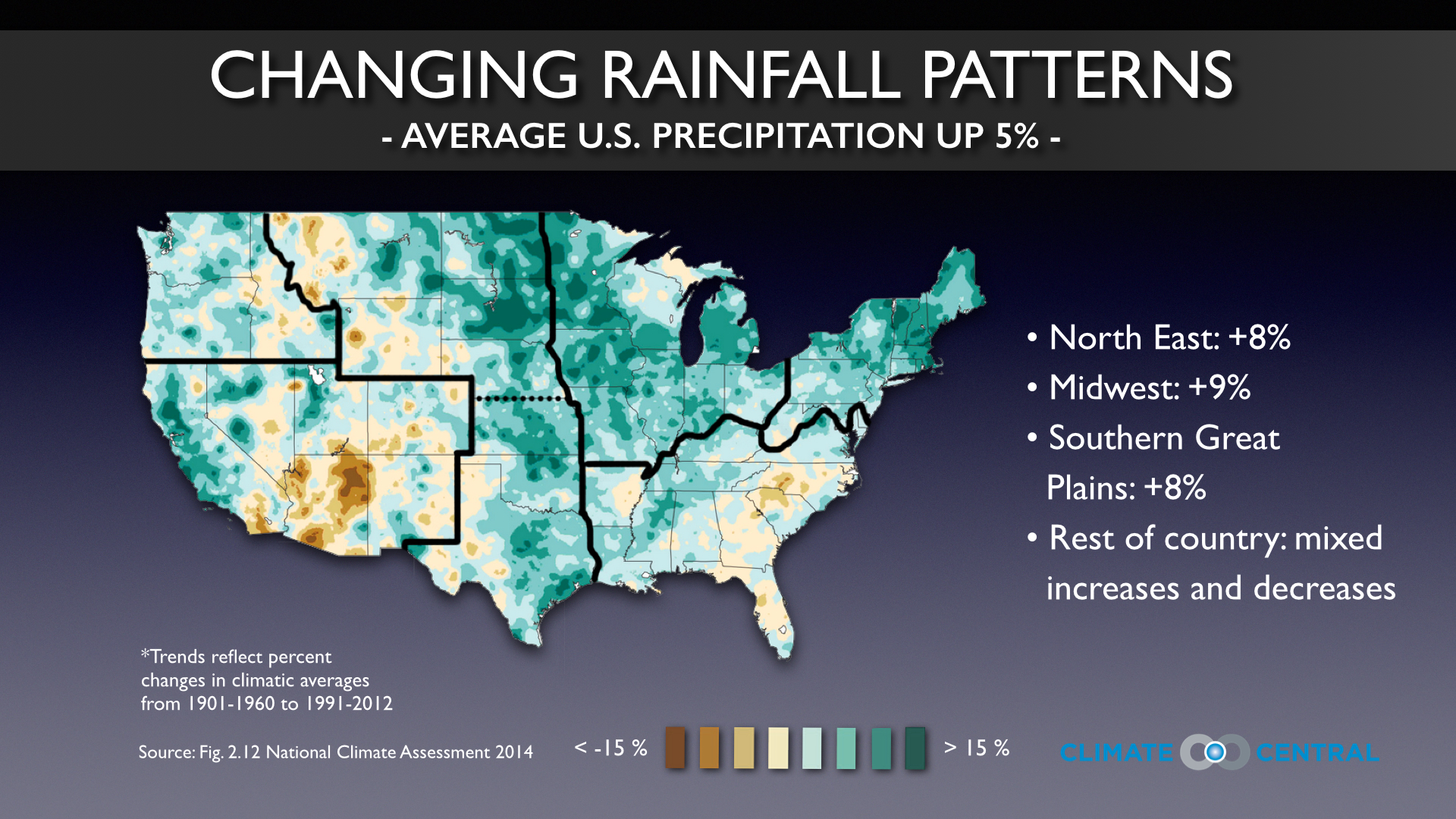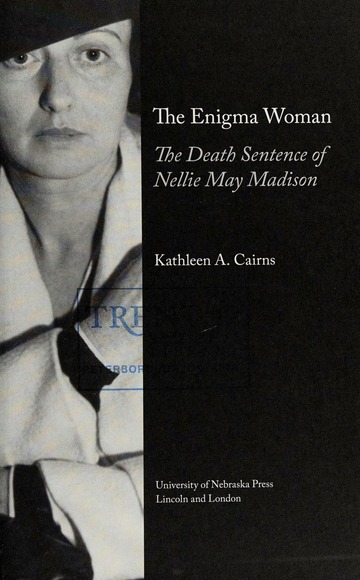Bernard Kerik's Post-9/11 Leadership: A Critical Assessment

Table of Contents
Kerik's Pre-9/11 Career and Background
Before assuming the crucial role of NYC Police Commissioner, Bernard Kerik had a notable career within law enforcement. His journey, however, was not without its complexities. Understanding his background is crucial to assessing his subsequent actions.
- Early Career and Rise Through the NYPD Ranks: Kerik steadily climbed the ranks of the NYPD, demonstrating a dedication to law enforcement and a commitment to tackling crime. He gained experience in various roles, sharpening his skills in operational management and leadership.
- Key Achievements: His successes included initiatives focused on community policing and strategies aimed at reducing crime rates in specific areas. These achievements helped establish him as a capable and driven officer.
- Early Controversies and Ethical Questions: However, even before 9/11, Kerik faced scrutiny. Minor ethical lapses and questions about his conduct foreshadowed the significant controversies that would later engulf his career. For instance, [insert specific example of early controversy]. This highlights the importance of examining his pre-9/11 history when analyzing his post-9/11 leadership.
Keywords: Bernard Kerik biography, NYPD, law enforcement, career progression, ethical concerns.
Kerik's Immediate Response to 9/11
The immediate aftermath of the 9/11 attacks demanded swift and decisive action. Kerik's role as Police Commissioner placed him at the forefront of this crisis. His actions during those crucial initial hours and days significantly shaped the city's response.
- Coordinating Emergency Response: Kerik played a pivotal role in coordinating the NYPD's response to the attacks, working alongside other agencies to manage the chaos and prioritize rescue efforts. His experience within the NYPD proved invaluable.
- Effective Actions: [Insert specific examples of effective actions taken by Kerik in the immediate aftermath, e.g., deployment of officers, communication with other agencies].
- Ineffective Responses & Challenges: The scale of the tragedy presented insurmountable challenges. [Insert specific examples of ineffective responses or areas where the response could have been improved. This could involve communication breakdowns, resource allocation issues etc]. The sheer volume of victims and the devastation of Ground Zero made effective coordination extremely difficult, highlighting the immense pressures faced by leaders during such unprecedented circumstances.
Keywords: 9/11 response, emergency management, crisis leadership, police commissioner NYC, Ground Zero.
Kerik's Post-Immediate Response Leadership and Long-Term Strategies
Beyond the initial chaos, Kerik faced the daunting task of rebuilding the city's security infrastructure and managing the NYPD during the long-term recovery phase. His post-immediate response strategies significantly shaped New York's preparedness for future threats.
- Rebuilding Security Infrastructure: Kerik’s focus included strategies for improving communication systems, upgrading equipment, and enhancing intelligence gathering. These long-term strategies were crucial in strengthening the city's ability to respond to future crises.
- Long-Term Impact of Decisions: [Insert specific examples of Kerik's long-term plans, their outcomes, and their lasting impact on the NYPD and city security].
- Managing the NYPD in the Recovery Phase: The long-term recovery required effective personnel management, which included maintaining morale among the officers. Kerik's leadership during this phase was key in ensuring the continued operational readiness of the NYPD.
Keywords: security infrastructure, NYC recovery, post-disaster leadership, long-term strategy, NYPD management.
The Controversy Surrounding Kerik's Post-9/11 Leadership
Despite his role in the immediate 9/11 response, Kerik's career was ultimately overshadowed by significant controversies that emerged post-9/11. These scandals raised serious questions about ethical leadership and the integrity of public officials.
- Ethical Lapses and Legal Issues: [Provide specific examples of the scandals, focusing on their nature and the legal ramifications. Include details such as the illegal campaign contributions, the undisclosed financial assistance from a contractor, and his personal financial issues].
- Impact on Reputation and Legacy: The controversies significantly damaged Kerik's reputation, tarnishing his contributions to the city's post-9/11 recovery efforts. His legacy remains complex and controversial, even decades later.
- Ethical Implications: These incidents underscored the importance of ethical considerations in leadership positions, particularly during times of crisis. His failures provided a cautionary tale about the consequences of ethical lapses in high-pressure environments.
Keywords: Bernard Kerik scandal, ethical leadership, controversy, legal issues, campaign finance.
A Comparative Analysis of Kerik's Leadership
Comparing Kerik's leadership with other prominent figures during this period, such as Mayor Rudy Giuliani, offers valuable insight. While both played crucial roles, their approaches differed significantly.
- Kerik vs. Giuliani: While Giuliani's public image remained largely intact following 9/11, Kerik's was severely tarnished by subsequent controversies. This comparison illustrates how the same crisis can produce contrasting legacies depending on the individual's leadership style and subsequent actions.
- Strengths and Weaknesses: Kerik’s strengths lay in his operational experience within the NYPD, facilitating effective coordination in the immediate aftermath. However, his weaknesses involved a lack of transparency and ethical lapses that ultimately undermined his reputation and credibility.
- Leadership Styles: [Analyze the distinct leadership styles of Kerik and Giuliani, identifying their differences and the impact on their overall effectiveness].
Keywords: leadership comparison, Giuliani, leadership styles, crisis leadership comparison, operational experience.
Conclusion
Bernard Kerik's post-9/11 leadership presents a complex and multifaceted case study. While his operational expertise proved invaluable in the immediate aftermath of the attacks, his subsequent actions and controversies overshadowed his initial contributions. His failures highlight the importance of ethical conduct in leadership, especially within the context of national emergencies. The controversies surrounding his career significantly damage his overall legacy, presenting a cautionary tale for future leaders.
This critical assessment of Bernard Kerik's post-9/11 leadership encourages further research and discussion on the complexities of assessing post-9/11 leadership and the lessons learned from his case. Analyzing Bernard Kerik's leadership style, and understanding crisis leadership within the context of immense public pressure, provides valuable insights for future emergency response planning and leadership training. Further study of this case will help refine strategies for effective crisis management and promote the importance of ethical decision-making in leadership roles.

Featured Posts
-
 Solve The Nyt Mini Crossword Wednesday April 9 Clues And Answers
May 31, 2025
Solve The Nyt Mini Crossword Wednesday April 9 Clues And Answers
May 31, 2025 -
 Climate Changes Effect On Rainfall A Western Massachusetts Focus
May 31, 2025
Climate Changes Effect On Rainfall A Western Massachusetts Focus
May 31, 2025 -
 Victorious Cycling Team Targets Tour Of The Alps Success
May 31, 2025
Victorious Cycling Team Targets Tour Of The Alps Success
May 31, 2025 -
 Unraveling The Banksy Enigma The Woman Behind The Street Art
May 31, 2025
Unraveling The Banksy Enigma The Woman Behind The Street Art
May 31, 2025 -
 Latest On Parker Meadows A Detroit Tigers Notebook Update
May 31, 2025
Latest On Parker Meadows A Detroit Tigers Notebook Update
May 31, 2025
